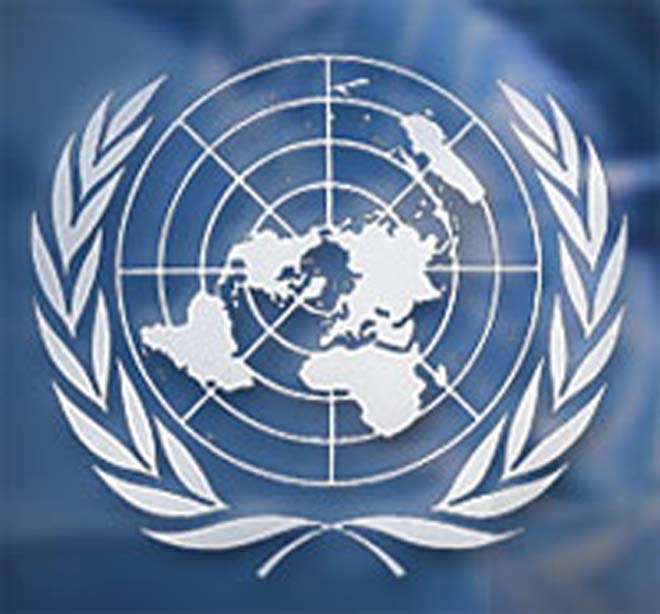The senior UN envoy removed from his post in Afghanistan has told the BBC his dismissal sent "a terrible signal" to the world about the organisation, BBC reported.
Peter Galbraith said he believed he had been removed because of a dispute with his superior over how to handle fraud allegations in the country's elections.
He said that in not addressing the "extensive" evidence of fraud, the UN had failed its Afghan mandate.
The UN said his dismissal had been "in the best interest of the mission".
Mr Galbraith told BBC's World Tonight that he had great respect for UN Secretary General Ban Ki-moon, but that he disagreed with his decision to remove him from his post.
"Not just on personal ground, but because I think it sends a terrible signal when the UN removes an official because he was concerned about fraud in a UN-sponsored and funded election," he said.
Mr Galbraith said he had seen "very extensive evidence of fraud" in August's president elections and had had "a sharp disagreement" with his superior, Kai Eide, about how to address it.
He wanted to present the evidence to the Afghan Election Complaints Commission for further investigation, he said, but Mr Eide "did not want this information disseminated".
Mr Galbraith said that when he intervened, President Hamid Karzai complained and Mr Eide "decided he would support Karzai, who would be the beneficiary of the fraudulent ballots".
He said Mr Eide had initially "tended to dismiss the fraud".
"He didn't want the UN staff to talk about it, he didn't want us to discuss issues, for example of turnout, with the ambassadors in Kabul because we knew the turnout was very low in the southern provinces although a very large number of votes were in fact being reported from those areas.
"Later, when the evidence of the fraud was inescapable he did talk about it but he's consistently minimised it," he said.
Obligations
EU election observers have said that about 1.5m votes - about a quarter of all ballots - cast in August's presidential vote could be fraudulent.
They say that 1.1 million votes cast for President Karzai are suspicious.
Mr Galbraith's questioning of the election commission had angered Mr Karzai and several cabinet members, some of whom had said they no longer wanted to work with him.
But Mr Galbraith said the UN had "the mandate to support free, fair and transparent elections".
"That unfortunately imposed on us an obligation to raise the question of fraud in elections which were funded by the international community and supported by the United Nations," he said.
In a statement on Wednesday, Mr Ban's office in New York thanked Mr Galbraith "for his hard work and professional dedication".
"The secretary general has made this decision in the best interest of the mission. He reaffirms his full support for his special representative, Kai Eide," it added.
It is understood that Mr Galbraith would have been kept in his post until after a final ruling on the disputed presidential election - a process that is in its final stages, the BBC's Lyse Doucet says.
But leaks emerged in Kabul before Mr Galbraith himself had been informed of the secretary general's decision.






